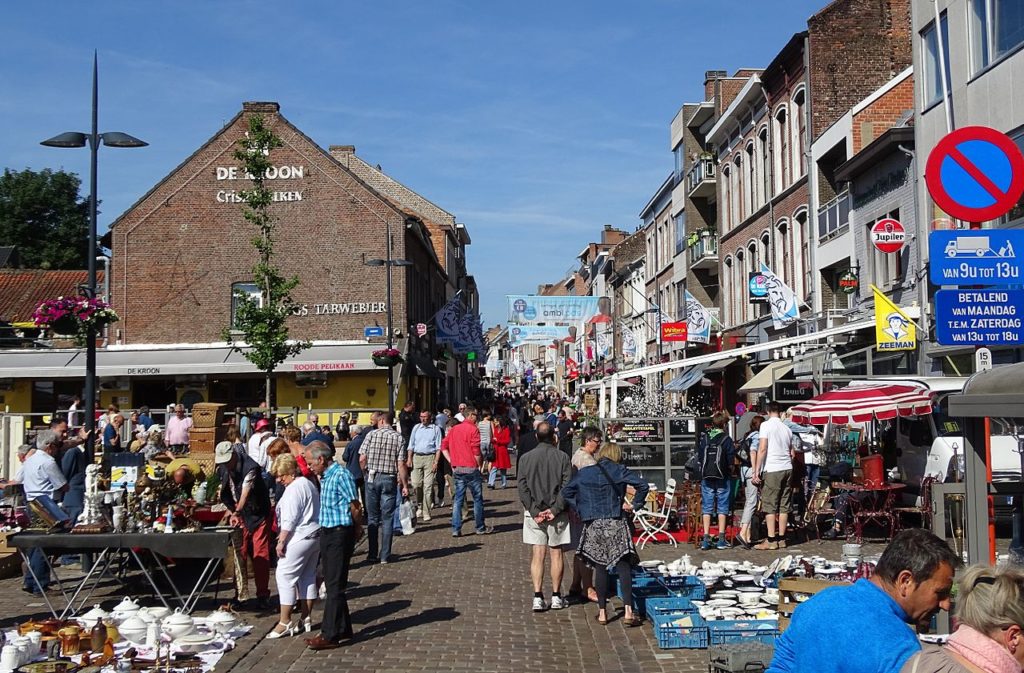The meeting of the national security council on Thursday would normally have announced some further relaxations of the lockdown in what would be Phase Five of the deconfinement.
Instead, given the rise in new infections over more or less the last two weeks, and the rise in hospital admissions that inevitably follows, the latest meeting of the council decided that Phase Five was suspended, and instead some relaxations would be reversed.
Some of the council’s decisions have been hotly contested, in particular the decision to allow a person’s social bubble to remain at 15 people for the time being.
In the past week, ample evidence has shown that while emphasis has been on mask wearing in shops and other enclosed spaces, the data shows that you are more likely to be infected by people you know in your bubble than by any stranger.
So the bubbles remain untouched, even as the night shops now have to go back to closing at 22.00, even while the bars remain open until 01.00.
Meanwhile, on the local level, municipalities, having had the responsibility for dealing with flare-ups and a possible second wave thrust upon them by the various governments, have taken to the task like a fish to water.
In Blankenberge, masks are obligatory on the seafront or Zeedijk, whatever the North sea winds. That is extended to the adjacent shopping area, to keep things simple, explained mayor Geert Vanden Broucke (CD&V),
Ostend, De Haan and Middelkerke, still at the coast, have made masks obligatory at street markets, which can see impressive crushes of people. “But that’s where it stops,” said Middelkerke mayor Jean-Marie Dedecker (LDD). “There is plenty of space on the beach and the dike. We still have to let people live a little bit.”
In Bruges from Saturday, the wearing of a mask is compulsory in the entire inner ring of the city, said mayor Dirk De fauw. Tourists will be informed by the use of pictograms. In Charleroi, masks are obligatory in the entire city centre, all commercial areas and their car parks, all playgrounds and anywhere else where 15 or more people are present.
Liege has imposed mask-wearing in the pedestrian centre and other busy shopping streets. Mayor Willy Demeyer (PS) said police would be on hand to enforce the rule rigorously.
Inland, Halle has a market mask rule; Hasselt imposes mask wearing in the greater station area; Tongeren and Sint-Truiden demand mask wearing everywhere in the city centre.
In Brussels city centre, masks are now to be worn in the pedestrian zone and the busy Rue Neuve. Meanwhile the commune of Saint-Gilles imposed a ban on drinking alcohol in public places – excepting cafe terraces – in the commune with the largest concentration of horeca businesses in the region. The ban applies to the Parvis, the South station, the Place Dillens, the restaurants around the Avenue Louise and the Place Morichar.
“Alcohol loosens people up,” said mayor Charles Picqué (PS).
“In a café, the owner ensures that things are not out of control and that the rules are respected. But in public, the municipality has to play that role. That’s what we are doing with this ban.”
Alan Hope
The Brussels Times

